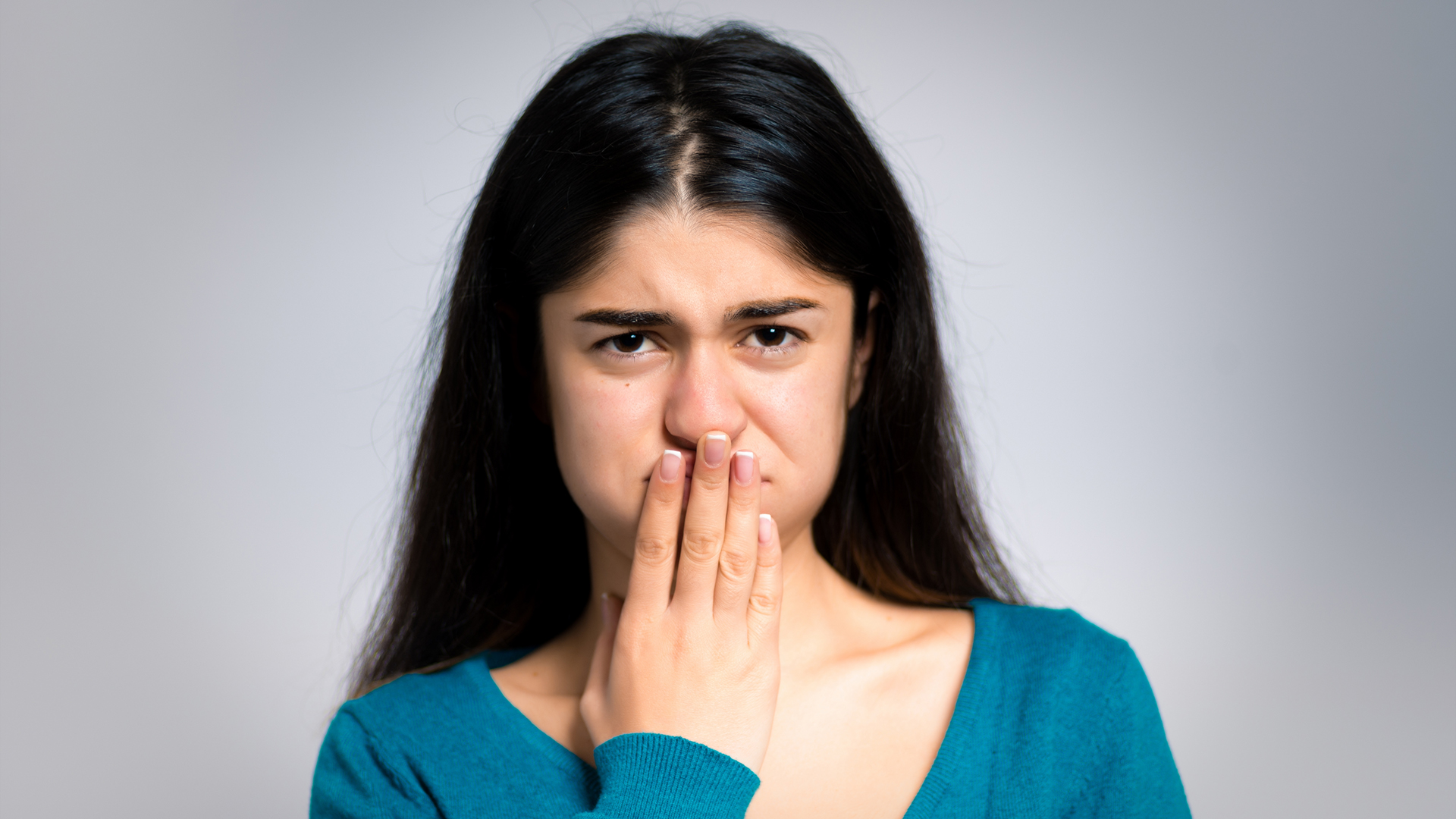Share This Article
Food poisoning can be bad for the body and can cause symptoms such as stomach pain. If you have an upset stomach, this is actually a sign that your body is trying to fight off viruses and bacteria.
For some people, food poisoning usually resolves on its own, but for others it can be devastating and requires serious treatment by a doctor.
For more details, see the explanation below:
Symptoms of food poisoning

Most food poisoning can cause the following symptoms:
- Nausea
- Vomiting
- Watery or bloody diarrhea
- Abdominal pain and cramping
- Fever
The symptoms above are caused by viral, bacterial and parasitic infections found in food. And usually a person starts to get infected after a few days after eating tainted food.
Causes of food poisoning

Here are some viruses, bacteria and parasites that often contaminate food.
- NorovirusThis virus can be acquired from raw fruits and vegetables, shellfish and lobsters that come from contaminated water.
- SalmonellaThis bacteria can be found in contaminated foods such as beef, poultry eggs, vegetables or fruits.
- Clostridium perfringensClostridium perfringens: This bacteria is usually found in foods that are left without sufficient refrigeration such as meats, stews and gravies.
- CampylobacteryThis bacteria is found in raw meat, especially chicken, as well as milk that is not thoroughly cooked.
- Giardia inestinalisGiardia inestinalis : is a parasite found in streams or food contaminated by feces.
- ListeriaThis bacteria is usually found in packaged foods such as hot dogs, meats, soft cheeses, fruits and raw vegetables.
- E.ColiThis bacteria is found in cider, undercooked beef and milk that has not been thoroughly processed.
Take the following steps if you experience food poisoning

Food poisoning usually improves without treatment within 48 hours. However, if you are poisoned, here are the steps you need to take.
- Stop eating and drinking for a few hours then let your stomach settle.
- Try to drink clear soda, clear broth or decaffeinated drinks such as gatorade.
- Eat low-fat, easily digestible foods, such as soda biscuits, bread, gelatin, bananas and rice.
- Avoid foods such as dairy products, caffeine, alkahol, nicotine and fatty foods.
- Get enough rest to restore your stamina.
When to go to the doctor?
If the symptoms worsen such as bloody diarrhea, vomiting, weakness, high fever, and abdominal pain that lasts for more than three days, then it may be a bacterial infection.
If you experience this condition, further medical examination is required. And maybe the doctor will give antibiotics and other treatments.
Read also: Is it true that losing your sense of smell is the first symptom of coronavirus?

